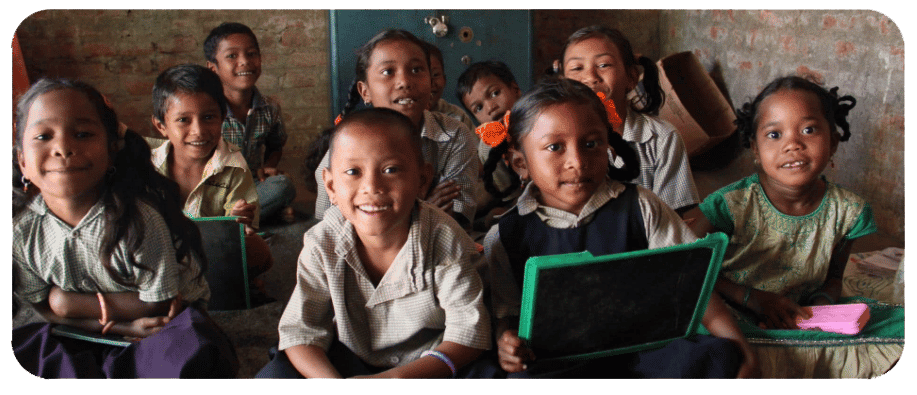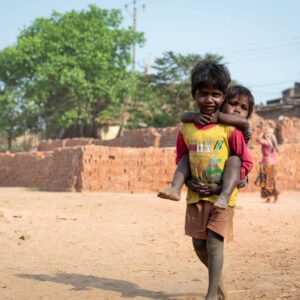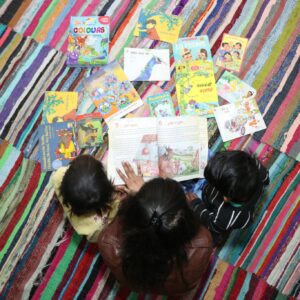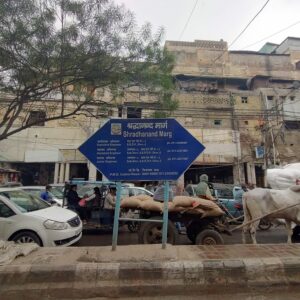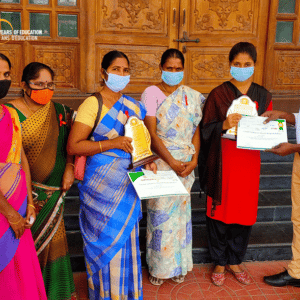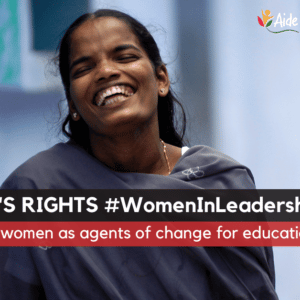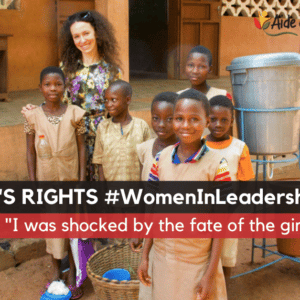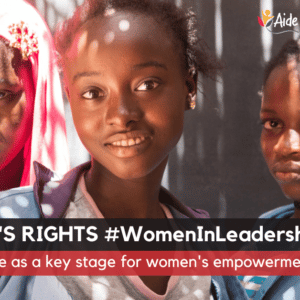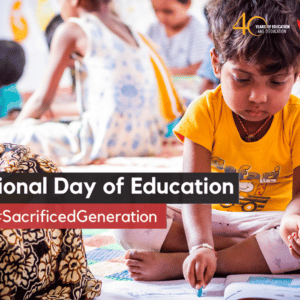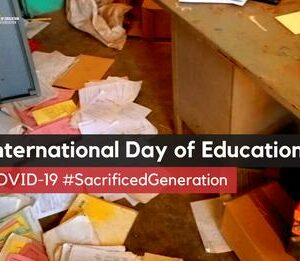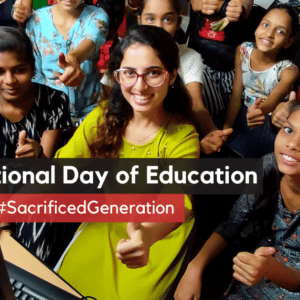The COVID-19 pandemic has been a health, economic and social catastrophe, which has literally shaken the world and whose consequences have not yet befallen the world. In education, it has deprived millions of young people of their right to education, exacerbated a creeping learning crisis, and today threatens the very future of generations. An alarming situation that Aide et Action denounces on the occasion of International Day of Education (24 January).
“When schools closed, I was immediately concerned about the children I was caring for. They had only been in class for a few months when the lockdown was imposed. Without this basic preparation, they may not be able to succeed in primary school,” said San Rith, a kindergarten teacher in Preyn Nob II Sihanoukville village. “The children I take care of don’t have many learning opportunities. So when the schools closed, I was worried. With their parents, they didn’t really work, even when I provided them with exercises. In our village, education is not very important, and many adults still think that education is useless, so the children spend their time playing and looking at screens,” says Phnom Nasang, a 24-year-old pre-school teacher in Koh Trach village in Kampong Trach district.
Isolation and hardship
“In the village of Toul Torteng, lockdown lasted almost seven months. I knew that children were looking forward to going back to school, but the authorities imposed a total closure of the schools. So I decided on my own to go and meet them at their homes. Despite home schooling, school closures had a huge impact on the children’s development and progress, as they were deprived of contact with their friends and some were left in quarantine for months, with almost no food, alongside anxious parents who were unable to work,” adds Yom Som Oun, 42, a teacher at Toul Torteng Nursery School.
Make people understand the importance of education
“COVID has totally transformed our teaching practices. Before, we used to meet face to face, but during the pandemic, I had to teach in small groups in each other’s homes. I spent 20 minutes to an hour with each group depending on the needs and I repeated this every day. This affected the children a lot. Already in class, they found it very difficult to follow. If their parents don’t encourage them, they won’t be able to catch up,” San Rith worries. This more than alarming observation is shared by most of the teachers we work with. “I have tried to make parents understand the importance of making children work. But in my village, many of them work in small businesses and move around the region. They often left their children with their grandparents, who are often very old, and so communicating with them proved very difficult. I tried to make them understand the consequences of the lack of education, but I don’t know if they really listened. I’m afraid that for many of my pupils the transition to primary school, without having had any preparation in kindergarten, will not go down well,” insists Phnom Nasang, 34.
Once again Aide et Action welcomes the courage and self-sacrifice of all the teachers who, despite the pandemic and the risks involved, have overcome obstacles to ensure the education of their students. Many thanks to them.


